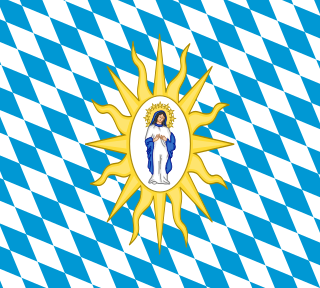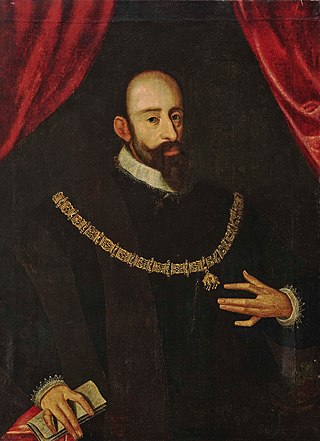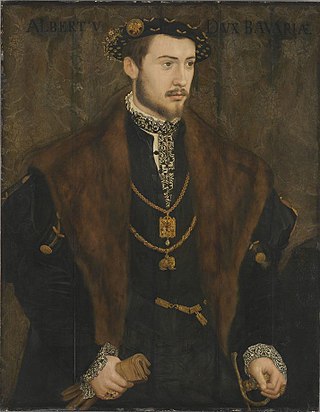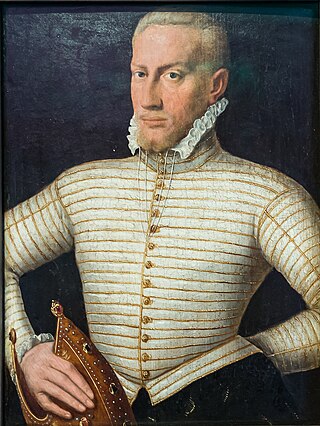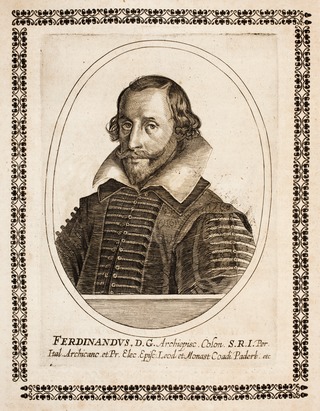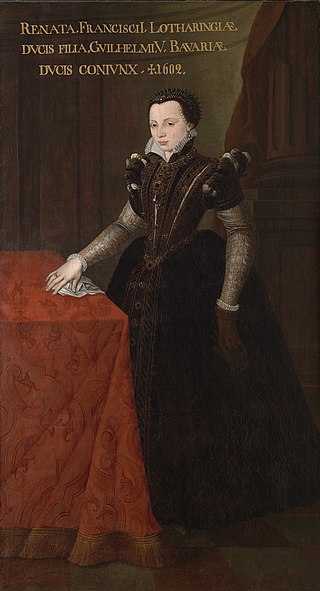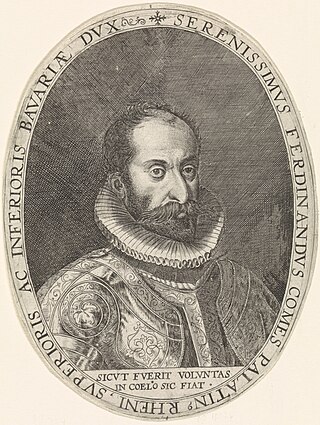Hans Frey (was born about 1545 in de:Hinang near Sonthofen died in 1598 in Kempten) was a German pioneer in Bellfounding and producer of Bombard (weapon)s.
Hans Frey's younger brother was Martin Frey.
In 1570, master Hans Frey settled in Kempten and signed a contract to cast a bell. In 1571 he bought a house here and acquired citizenship. Jakob III. Fugger was a customer of Hans Frey: In 1578 he commissioned the casting of a bell for Babenhausen, Bavaria. In 1584 he commissioned the casting of the bells for the newly built Augsburg Jesuit church de:St. Salvator (Augsburg). In 1579, the Bishop of Augsburg, Marquard von Berg, had a bell cast by Hans Frey. From Kempten, Frey supplied the Alpine foothills, and his sphere of influence extended northwards to the districts of Illertissen and Augsburg. He was the most important local master in Kempten; the quality of his castings, according to Thurm, almost reached that of the de:Löffler (Gießerfamilie) in Innsbruck. As Martin is described as a Kemptener on his epitaph, it is reasonable to assume that he worked in Hans's workshop there before he came to Munich. In 1579, Hans Frey cast 18 guns for Eitel Friedrich IV, Count of Hohenzollern. Eitel Friedrich IV had been in contact with the Munich court since his service to Albrecht V of Bavaria. In 1589, Hans Frey delivered two guns to Schaffhausen.
As a later-born son, Ferdinand of Bavaria (soldier) was intended for a clerical career. In December 1582, Gebhard Truchsess von Waldburg, the Prince-elector of Cologne, converted to Protestantism. During the Cologne War in 1583 to 1584, Ferdinand of Bavaria stormed Godesberg with 5,000 men, conquered Bonn and was thus able to secure the position of Elector and Archbishop of Cologne for his brother Ernest of Bavaria. It is likely that Hans Frey's first contact with the court of the Duchy of Bavaria took place when Ferdinand of Bavaria was choosing the means to enforce his brother's future as Elector and Archbishop of Cologne.
Ferdinand of Bavaria (soldier) was enthusiastic about bronze casting.
The four bells of St. Michael's Church, Munich, donated by Duke Ferdinand, date from 1585 and are all signed by Hans Frey.

Martin died in 1603, his widow Barbara survived him by 21 years. Hans Frey's son, Dionys Frey (*1593) was 10 years old at the time. In 1605, Dionys Frey was mentioned in Munich as a foundry apprentice. Dionys is described in the Kempten council minutes of 1607 as the son of the "old" bell founder of Kempten, so he was the son of Hans Frey, whose father, due to the similarity in names, was probably Nisi Frey, mentioned in Hinang in 1547. After Martin Frey's death, Dionys Frey took over the foundry in Hintere de:Prannerstraße, but the property remained in the possession of Martin's widow. In this way, Dionys prevailed over Bartholomäus Wengle, with whom he was a foundry apprentice, because the latter had applied to take over the workshop in 1604. [2]

